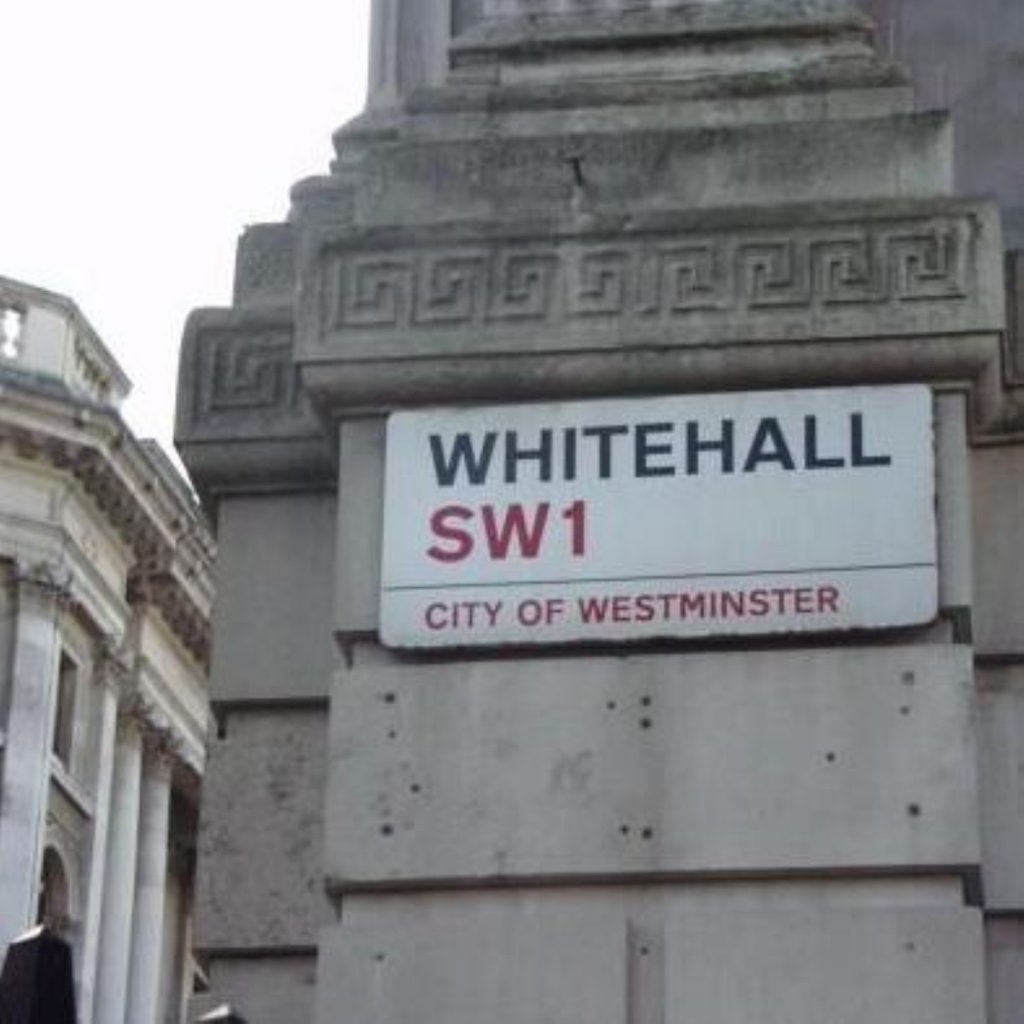Freedom of Information casts light on Whitehall farce
A debate over the softness of toilet roll and Jim Callaghan’s reluctance to move into Number 10 are amongst the more bizarre documents thrown-up under the new Freedom of Information Act.
Tuesday 4th January is the first full working day for the new act, which came into effect on January 1st. Under the act, all UK citizens will be able to file a request for information held by any public body on a particular topic and it should be released.
Central government, local authorities and NHS trusts will all fall within the act’s scope, although some records will remain restricted. These will include material relating to the intelligence services, ongoing court cases, and personal information.
Requests for information costing more than £600 for central government, or £450 for other bodies to gather, can also be refused.


Journalists and academics are likely to use the new law to investigate the inner workings of government – with the Attorney General’s advice to the Government on the eve of the Iraq war in many journalists’ firing line.
Opposition politicians will also be seeking to embarrass the Government, with the Conservative Party announcing that they have tabled 120 questions under the new procedures. These include questions on why the Government decided to hold a referendum on the EU constitution, and on the origins of the 2001 foot and mouth outbreak – including whether there was a cover-up.
Aside from the heavyweight questions, a number of more bizarre details have emerged.
Civil servants, for example, were engaging in a debate on whether to provide softer toilet paper. New files show how the Home Office was reluctant to move away from the older-style hard paper in the 1960s and 70s amid concerns that it would cost too much.
The file, which is now available for public perusal at the National Archives in west London, was opened in 1964 following an “unusual request” from a Dr John Hunt.
“A patient of mine has piles and he thinks that the government lavatory paper is out of date and extremely bad for his complaint,” the doctor said.
“He has asked me if there is any chance of it being change to a softer type.”
The Home Office refused, however, claiming it would cost an extra £130,000 a year to make civil servants’ toilet experiences a little gentler.
In another bizarre revelation, a file from 1975 shows how the Home Office refused the producer of cult television show Porridge permission to film inside a real jail.
Sydney Lotterby wanted to film three outdoor scenes at a real prison but was turned down on the grounds that the series was authentic enough already.
A prison request of a different nature occurred in 1969, when the then Home Secretary, James Callaghan, received a complaint from a John McVicar, who claimed he was being victimised by police.
McVicar was on the run from Durham jail at the time, but was caught 14 months later to complete his 25-year sentence for armed robbery and firearms offences.
Mr Callaghan is also revealed as being reluctant to move into Number 10 Downing Street when he became Prime Minister, saying the flat was too uncomfortable. He instead sought to live in the Foreign Secretary’s official residence in Carlton Street, but civil service mandarins soon crushed the idea.












